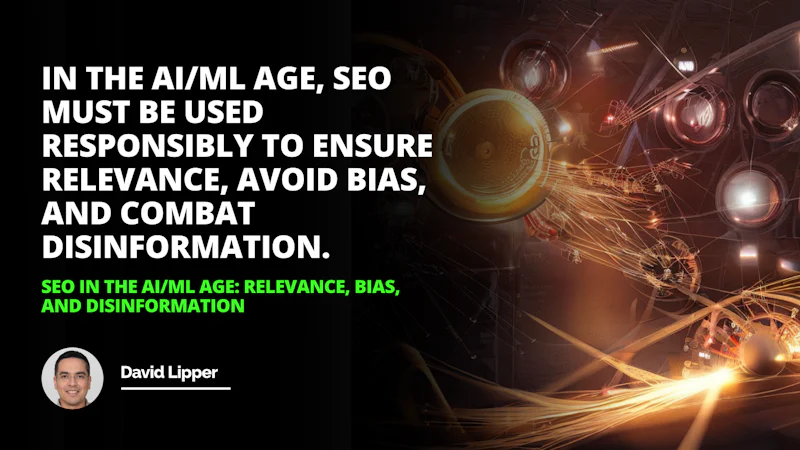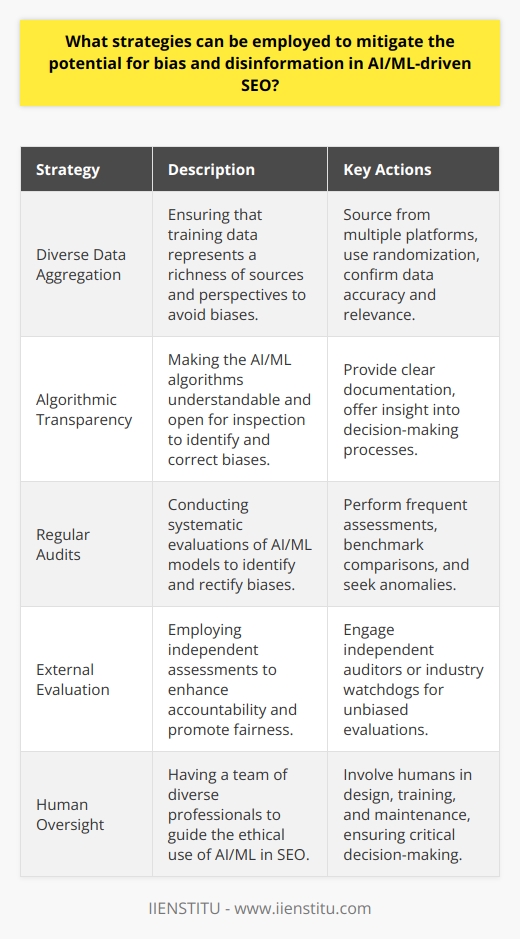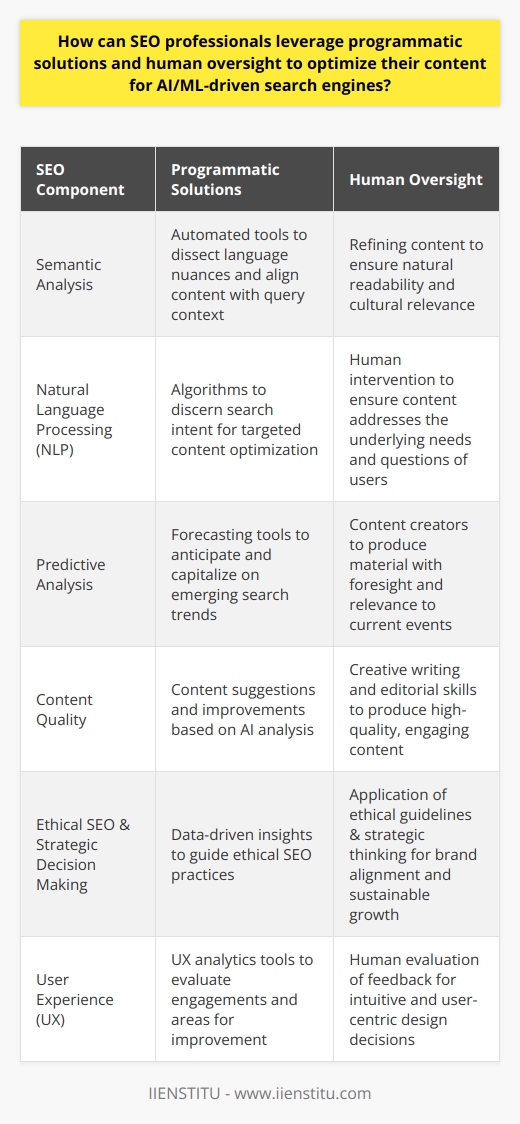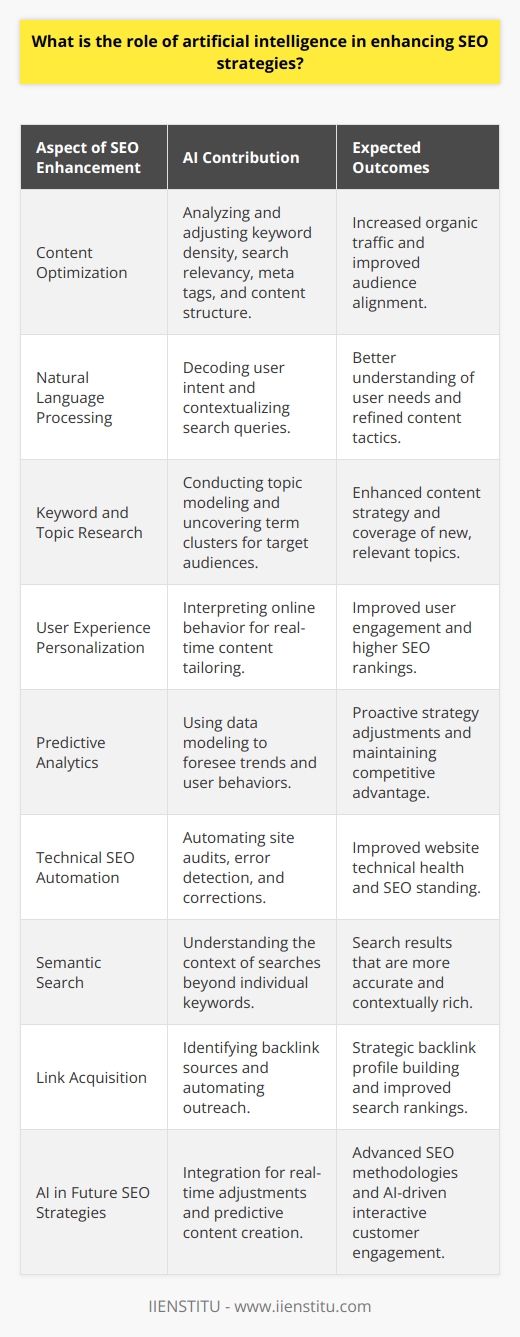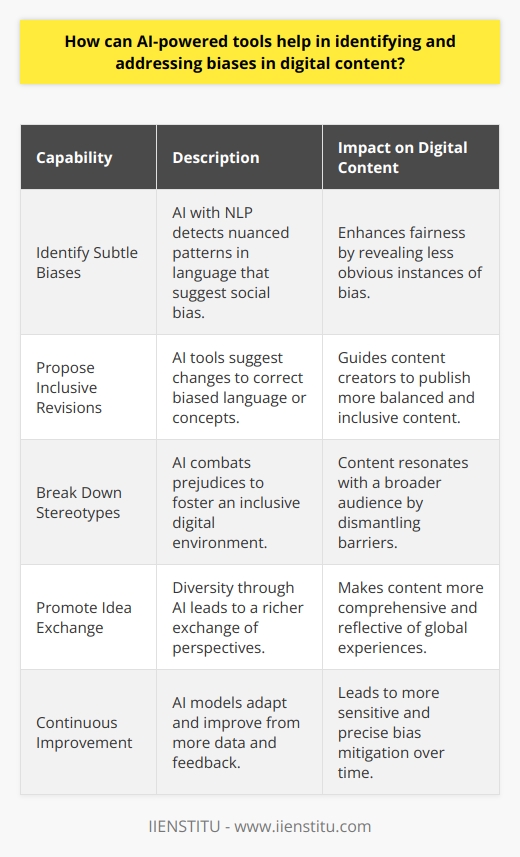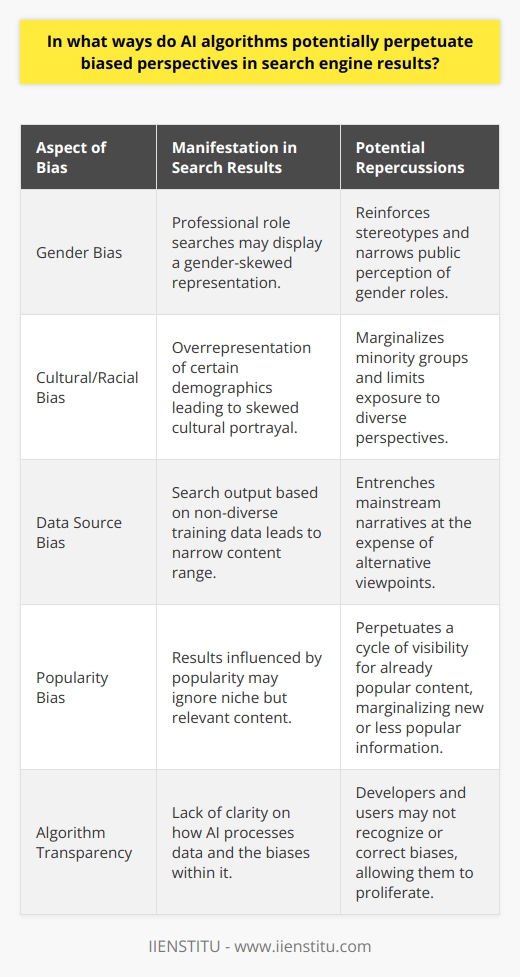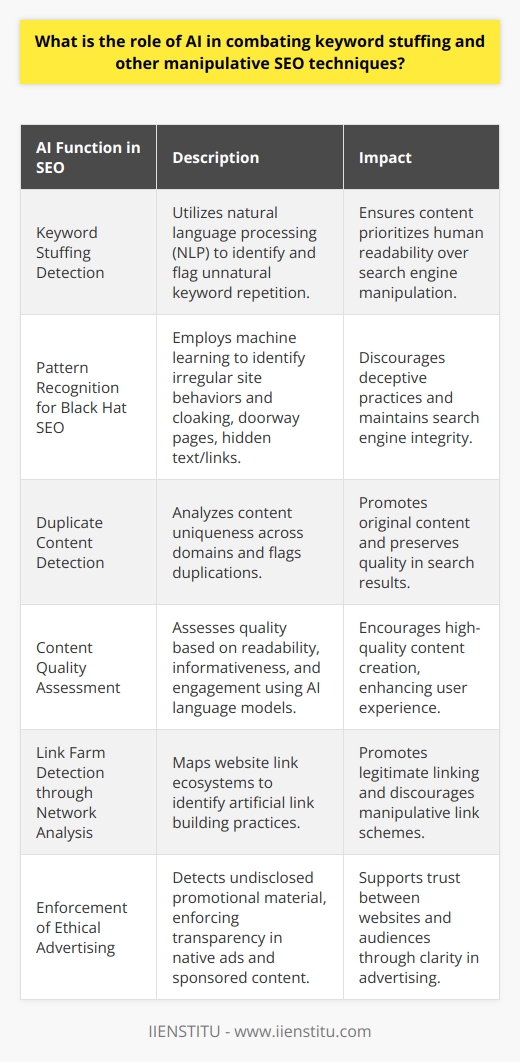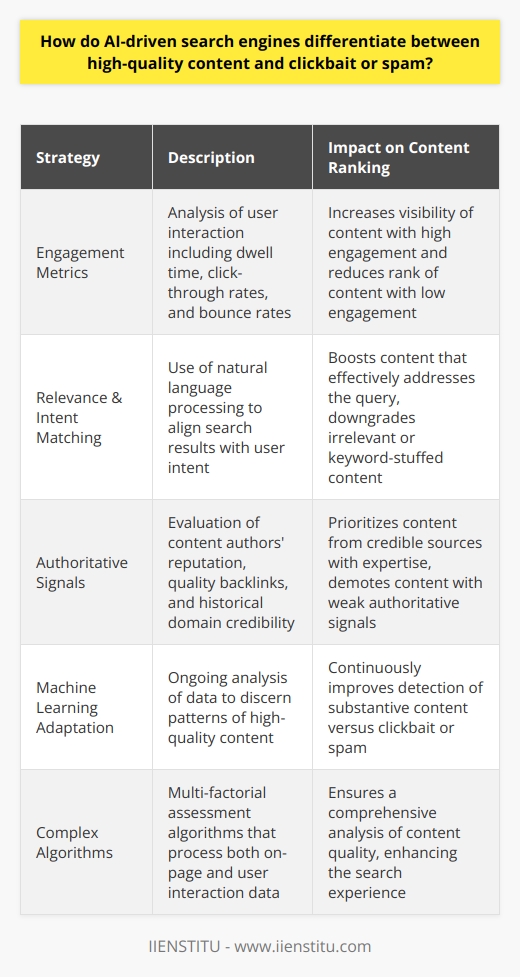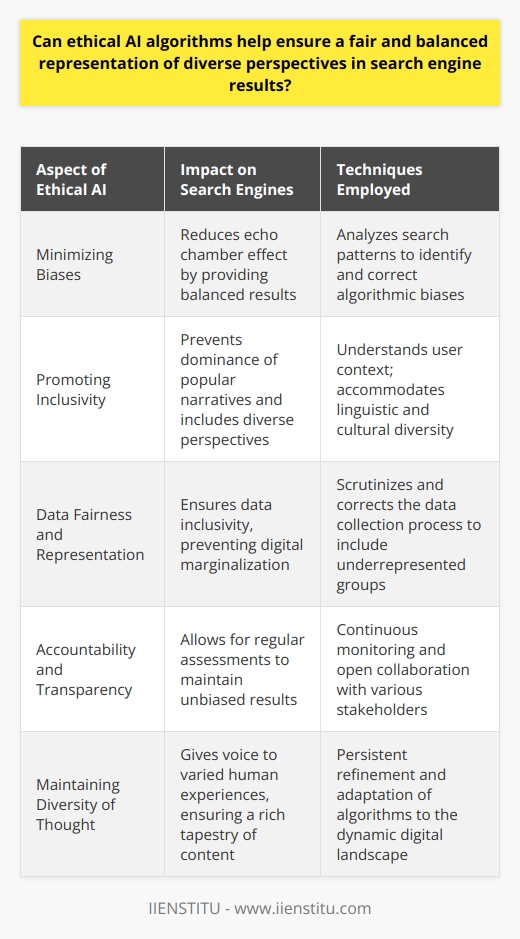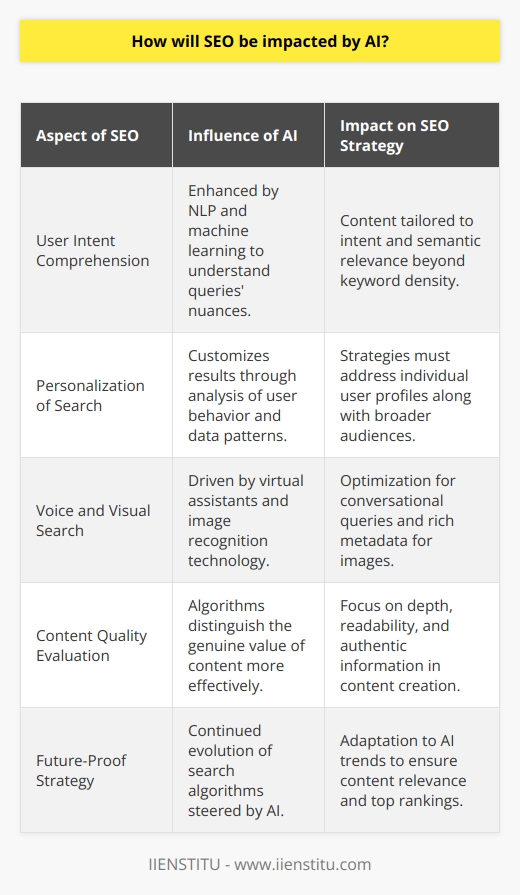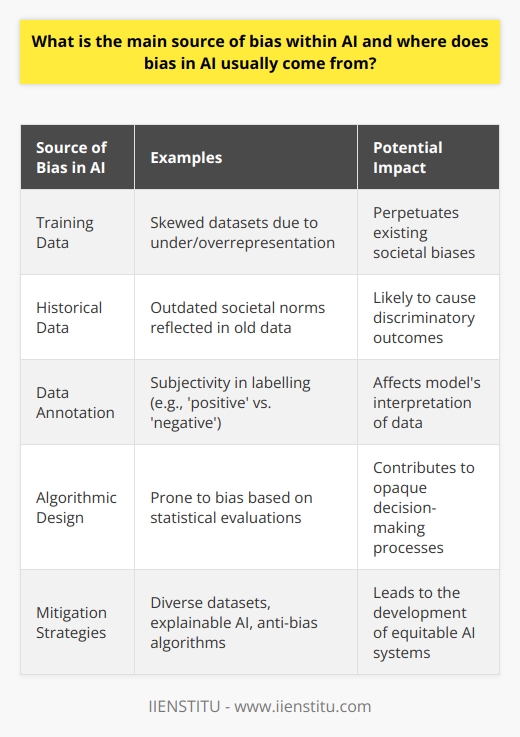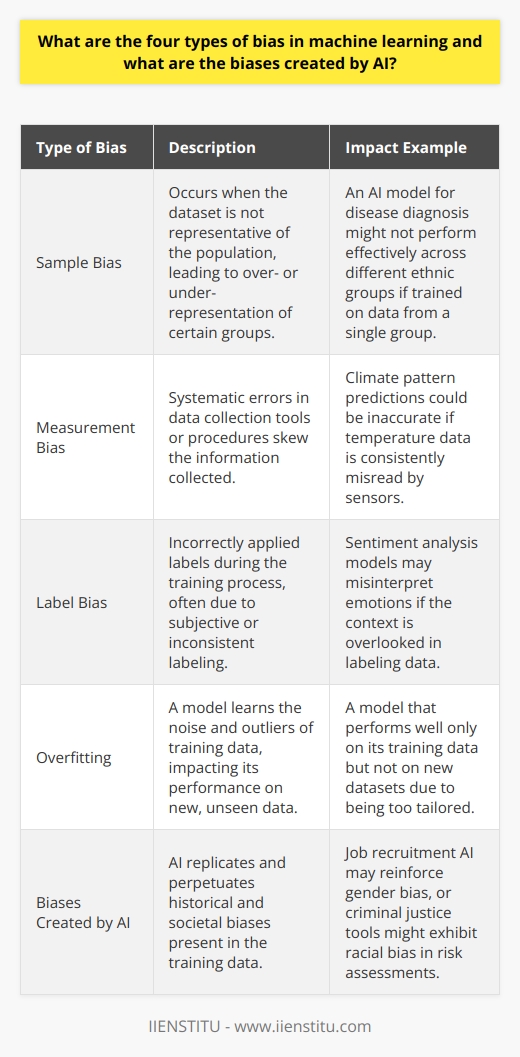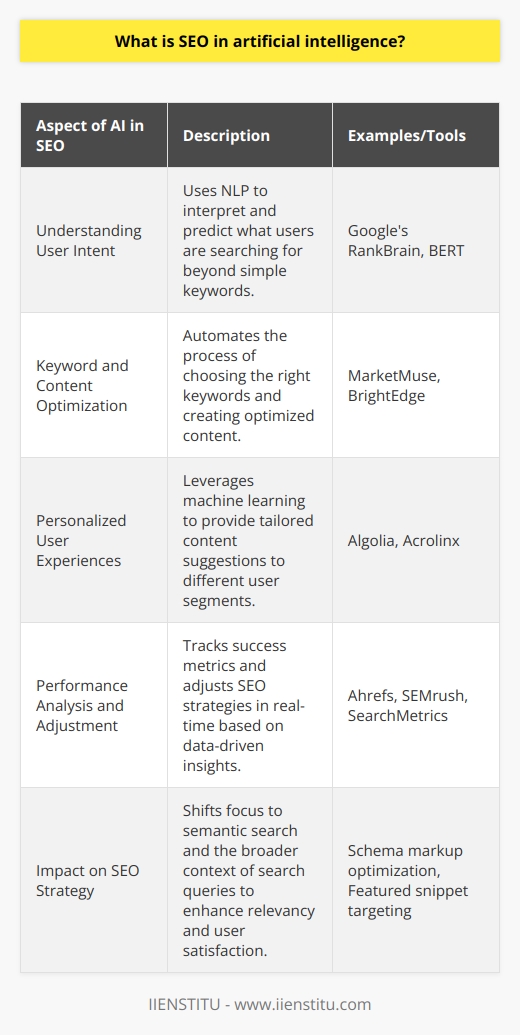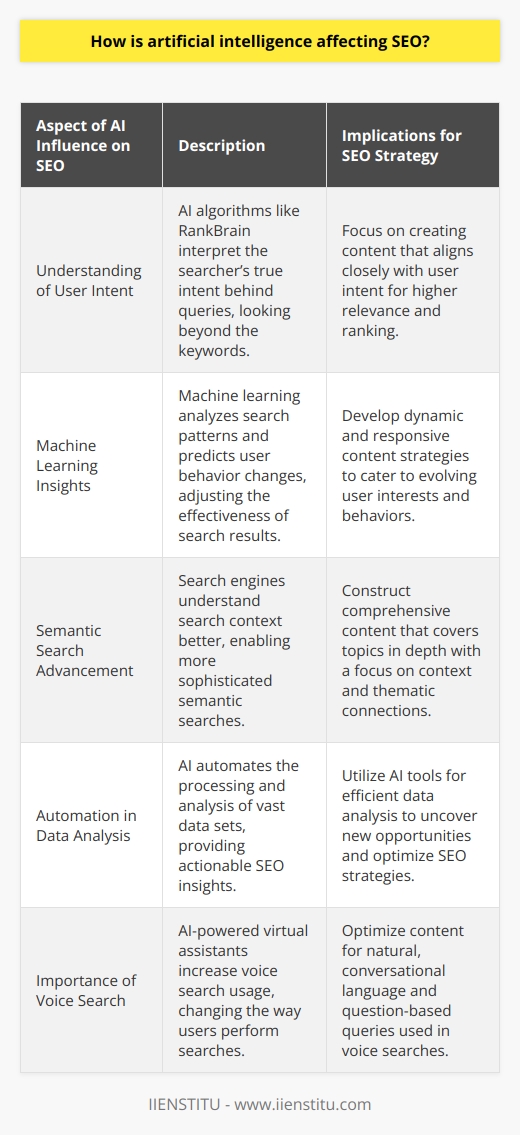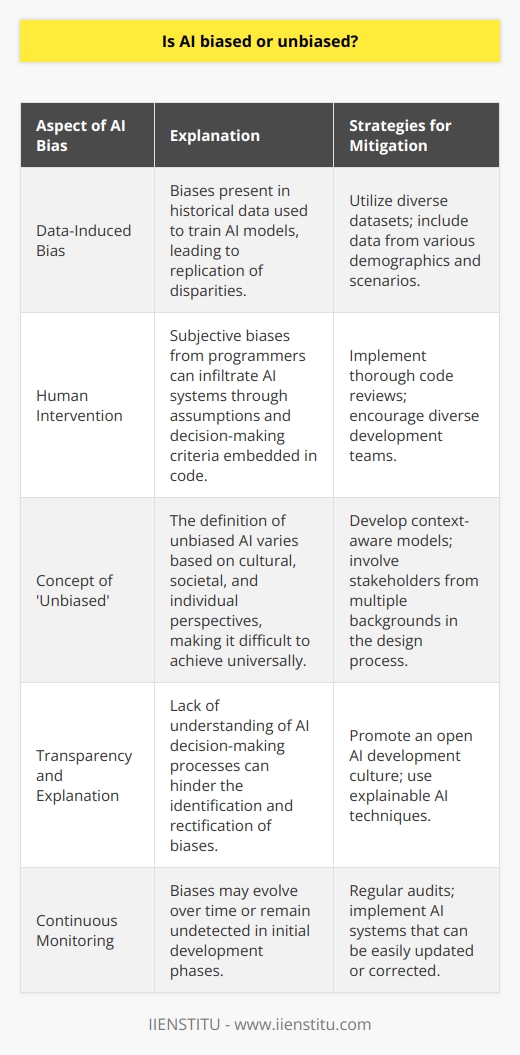I still remember the day I first delved into the world of search engine optimization (SEO). It was a sunny afternoon, and I was sipping coffee at my favorite café, flipping through a book on digital marketing. The concept of SEO fascinated me—the idea that one could optimize content to appear higher in search engine results was both intriguing and empowering. Little did I know that artificial intelligence (AI) and machine learning (ML) would soon revolutionize this field, reshaping the strategies we'd come to rely on.
Introduction
Definition of AI/ML
Overview of Impact on SEO
Relevance
Google’s Determination of Topic and Relevance
The Evolution of SEO in the Age of AI and ML
Understanding AI and ML
Before we dive deeper, let's take a moment to understand what AI and ML truly are. Artificial intelligence is a branch of computer science that aims to create machines capable of intelligent behavior. It's about developing systems that can perform tasks that usually require human intelligence, such as recognizing speech or making decisions. On the other hand, machine learning is a subset of AI focused on the idea that machines can learn from data, identify patterns, and make decisions with minimal human intervention.
The Impact on SEO Strategies
When I started working on SEO, the focus was primarily on keywords and backlinks. We'd stuff articles with keywords, sometimes to the point of redundancy, just to rank higher. However, with the advent of AI and ML, this approach became obsolete. Search engines became smarter, understanding not just the presence of keywords but the context and relevance of content. It was like the game rules changed overnight.
Relevance: The New King in SEO
Google's Advanced Algorithms
Google, the giant that it is, has always been at the forefront of utilizing AI and ML. With algorithms like BERT (Bidirectional Encoder Representations from Transformers) and MUM (Multitask Unified Model), Google's search engine can now comprehend the natural language more effectively than ever before.
For instance, if someone searches for "best ways to optimize supply chain management process tips," Google doesn't just look for pages with matching keywords. Instead, it understands the intent behind the query and provides results that offer practical tips and strategies on optimizing supply chain management. This shift emphasizes the importance of creating content that is not only keyword-rich but also contextually relevant and valuable to the reader.
Personal Experiences with Relevance
I recall working with a client who ran an e-commerce business. Despite having quality products, their website wasn't ranking well. Upon analyzing, we realized their content was outdated, filled with keyword stuffing, and lacked genuine value. We revamped their content strategy, focusing on providing insightful articles that addressed their customers' pain points. We included stories, tips, and even underlined key points for emphasis.
Within months, their website's ranking improved significantly. This experience taught me that relevance is indeed the new king in SEO, and understanding AI's role in determining this relevance is crucial.
The Drawbacks of AI and ML in SEO
Inherent Human Biases
Despite the advancements, AI and ML are not without flaws. One of the major concerns is the inherent human biases that these technologies can carry. Since AI models are trained on data created by humans, any existing biases in the data can be learned and propagated by the AI.
For example, if an AI model is trained predominantly on data from a specific demographic, it might not accurately represent or serve content relevant to other groups. This bias can affect which websites are deemed relevant, potentially skewing SEO results unfairly.
Vulnerability to Disinformation
Another significant issue is the vulnerability to disinformation. AI and ML can sometimes be manipulated by organized disinformation campaigns, leading to the spread of false information. This not only affects the credibility of search engines but also poses a challenge for SEO professionals aiming to promote genuine content.
I once encountered a situation where a client's reputable content was overshadowed by misleading articles that had been strategically optimized using AI. It was a frustrating experience, highlighting how AI can sometimes be a double-edged sword in the world of SEO.
The Demand for Computing Resources
Moreover, generating and maintaining AI models requires substantial computing resources. For small businesses or individual SEO professionals, accessing the necessary technology can be a barrier. The costs associated with high-performance computing and data storage can be prohibitive, making it challenging to compete with larger entities that have the resources to leverage advanced AI models.
Potential Solutions to Mitigate Drawbacks
Embracing Diverse Datasets
One effective way to address inherent biases is by using diverse datasets when training AI models. By ensuring that the data encompasses a wide range of perspectives and demographics, we can create AI systems that are more equitable and accurate in determining relevance.
In the AI/ML Age, SEO must be used responsibly to ensure relevance, avoid bias, and combat disinformation.
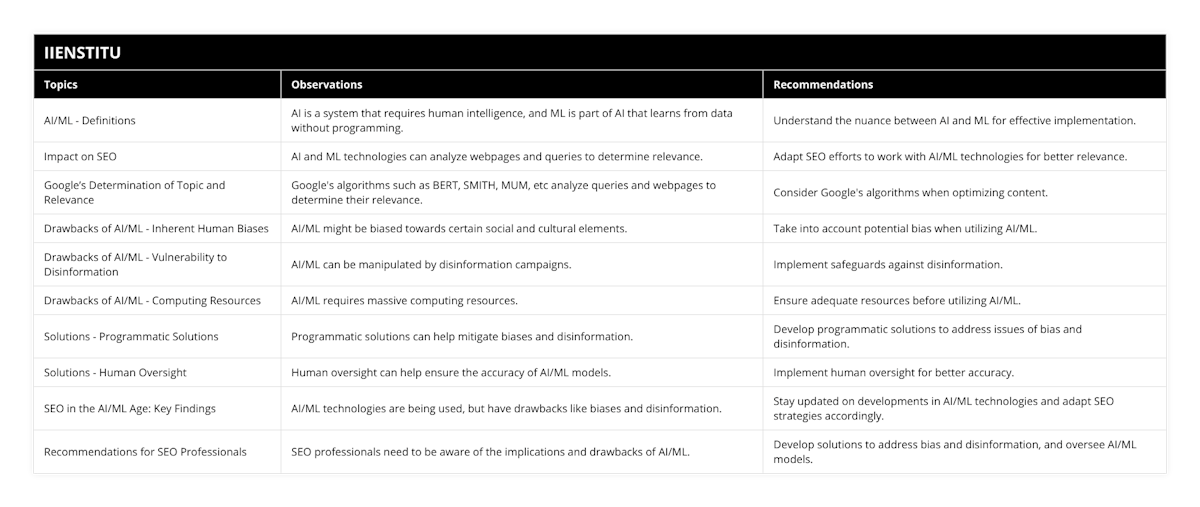
Promoting Transparency and Accountability
Transparency in how AI algorithms function can build trust and allow for better oversight. By understanding how decisions are made, SEO professionals can adapt their strategies accordingly. Holding organizations accountable for the outcomes of their AI systems is also crucial in promoting fairness.
Leveraging Human Oversight
While AI and ML are powerful, human oversight remains essential. Humans can identify nuances and contextual factors that machines might miss. By combining AI's efficiency with human judgment, we can create a more balanced approach to SEO.
Utilizing Cloud Computing
To overcome the hurdle of computing resources, cloud computing offers scalable solutions. Cloud platforms provide access to powerful computing capabilities without the need for significant upfront investment in infrastructure. This accessibility democratizes the use of AI and ML in SEO, allowing more professionals to benefit from these technologies.
Practical Tips for SEO Professionals
Staying Updated with AI Developments
In this ever-evolving landscape, staying informed about the latest AI advancements is crucial. Reading industry publications, attending workshops, and participating in professional networks can keep you ahead of the curve.
Creating Quality, Relevant Content
Focus on producing content that genuinely adds value to your audience. Understand their needs, answer their questions, and provide insights that they can't find elsewhere. Remember, relevance and quality trump quantity and keyword density in the AI age.
Ethical SEO Practices
Adopt ethical practices that consider the implications of AI and ML. This includes being mindful of biases, avoiding manipulative tactics, and prioritizing the user's best interests.
Optimizing Supply Chain Management Processes
Interestingly, the principles of SEO in the AI era can be applied to other fields, such as supply chain management. By leveraging AI to analyze data and predict trends, businesses can optimize their processes. Here are some tips:
1- Integrate AI for Demand Forecasting: Use AI algorithms to predict customer demand accurately.
2- Enhance Inventory Management: Implement ML models to optimize stock levels and reduce waste.
3- Streamline Logistics: Utilize AI for route optimization to improve delivery efficiency.
4- Improve Supplier Relationships: Analyze supplier performance data to make informed decisions.
5- Embrace Automation: Automate repetitive tasks to increase efficiency and reduce errors.
These strategies can lead to significant improvements, much like how AI enhances SEO practices.
Conclusion
Reflecting on the Journey
Looking back, it's incredible to see how far we've come since that sunny afternoon at the café. The integration of AI and ML into SEO has transformed the field, making it more dynamic and challenging. It's no longer just about being seen; it's about being relevant, authentic, and ethical.
The Road Ahead
There's no doubt that AI and ML will continue to shape the future of SEO. While challenges exist, especially concerning biases and disinformation, solutions are within our reach. By combining technological advancements with human insight and ethical considerations, we can navigate this new landscape successfully.
References
Russell, S., & Norvig, P. (2020). Artificial Intelligence: A Modern Approach (4th ed.). Pearson.
Bücker, H., Hegland, M., Périaux, J., & Wesseling, P. (Eds.). (2008). Advances in High Performance Computing. Springer.
Goodfellow, I., Bengio, Y., & Courville, A. (2016). Deep Learning. MIT Press.
Croft, W. B., Metzler, D., & Strohman, T. (2015). Search Engines: Information Retrieval in Practice. Addison-Wesley.
Liao, S. M. (Ed.). (2020). Ethics of Artificial Intelligence. Oxford University Press.
Note: The above references are included to provide further reading on the topics discussed and are integral to the content of this article.
Key Takeaways
AI and ML have significantly altered SEO practices, focusing more on relevance and user intent.
There are drawbacks, including biases and susceptibility to disinformation, which need addressing.
Solutions include using diverse datasets, transparency, human oversight, and cloud computing.
Ethical practices and staying informed are essential for SEO professionals in the AI era.
Principles from AI-enhanced SEO can be applied to optimize supply chain management processes, offering valuable tips for efficiency.
By embracing these insights, we can not only improve our SEO strategies but also contribute positively to the broader digital landscape. After all, at the heart of it, we're all striving to connect, inform, and engage in meaningful ways.


